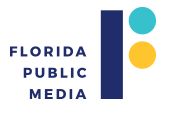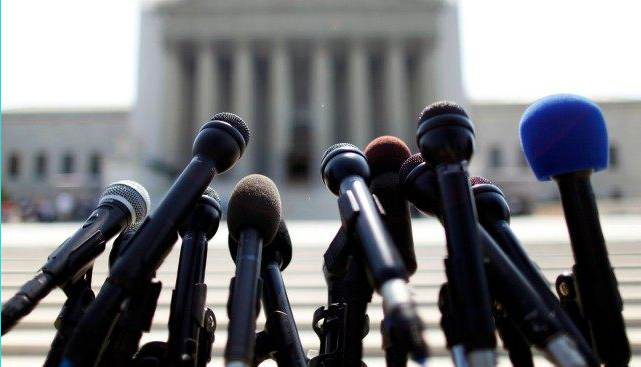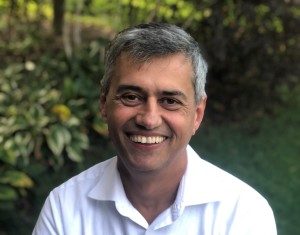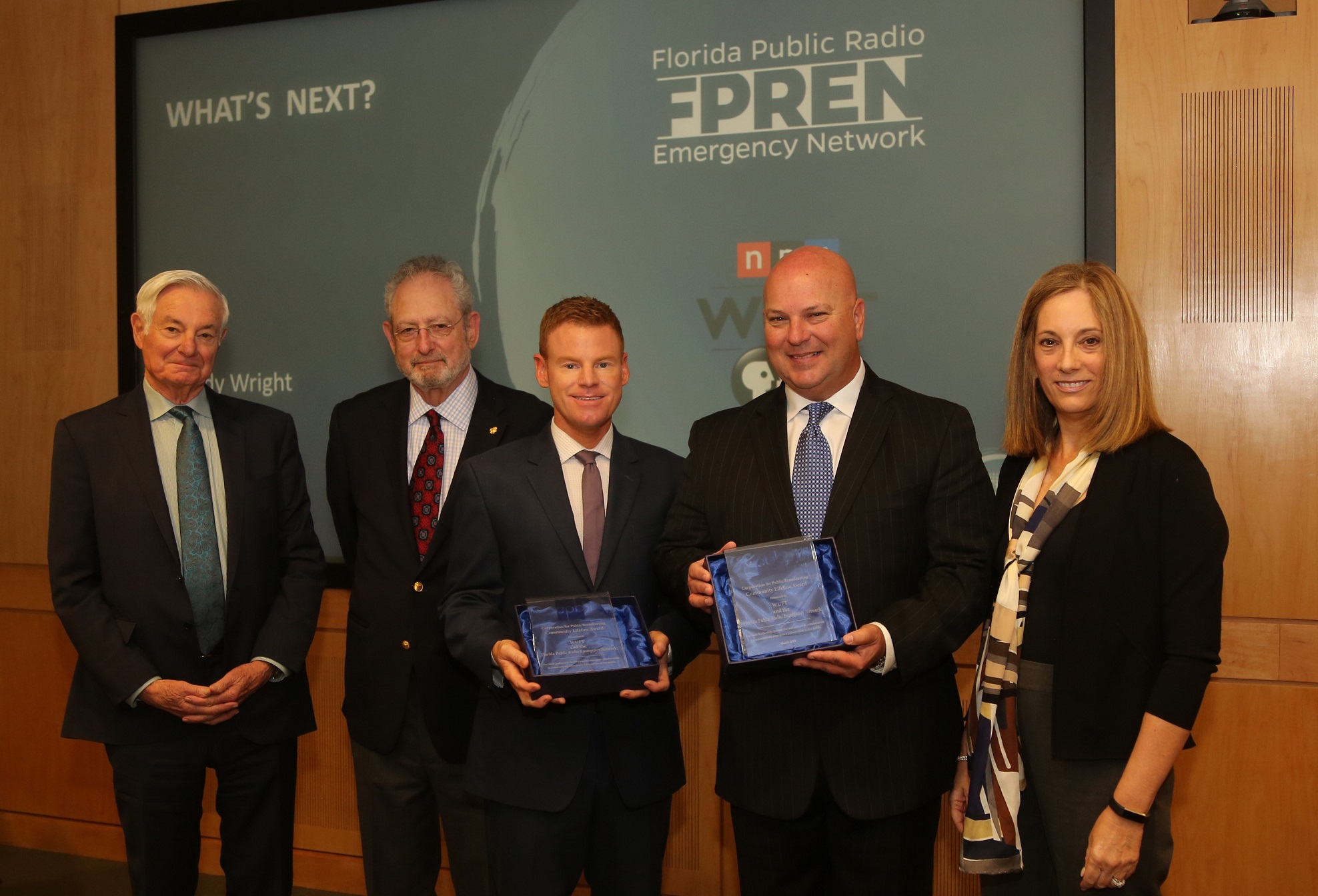The newest edition of ADAPT, published Monday by WJCT Public Media, introduces a six-part podcast and web series profiling people working every day to help communities across the First Coast adapt to climate change and sea level rise.
Podcast guests range from Florida’s first-ever chief resilience officer to an environmental psychologist who teaches people how to talk about climate change more effectively.
Podcast host Brendan Rivers’ conversation with Florida’s Chief Resilience Officer Julia Nesheiwat marks her first one-on-one interview with a reporter since she was appointed in August. Nesheiwat shares the lessons she brings to the position from her time in the military and academia — and the time she created a federal bureau from the ground up.
“It’s too expensive to go at it alone,” she says in the ADAPT podcast. “We really need to collaborate.”
The other podcast guests are:
- Adam Rosenblatt, a biology professor at the University of North Florida who breaks down the science of climate change and shares details about his advocacy efforts on the local, state and national level. Rosenblatt believes, “Doing more climate science is not going to solve the problem. We need to convince people to take action.”
- Lauren Watkins, an environmental psychologist who teaches people how to have productive, non-polarizing conversations about environmental issues. She opens up her toolkit for us — and opens up about the communication challenges in her own family.
- Richard Leon, Jacksonville’s Urban Forestry Manager, who says, “Half the city thinks I’m a tree butcher. The other half thinks I’m a tree hugger.” He sees trees as critical urban infrastructure and plans to plant as many as possible in the nation’s biggest city.
- Shane Corbin, City Manager for Atlantic Beach, who discusses the LEED certification (Leadership in Energy and Environmental Design) process that the entire city of Atlantic Beach undertook last year.
- Sean Lahav, a 24-year-old who serves the Northeast Florida Regional Council as a Resiliency Coordinator. His job includes getting “movers and shakers” from the private sector to think about incorporating sea level rise into their plans. “Around the state of Florida, there’s a lot of momentum right now — in Jacksonville and elsewhere,” he said.
ADAPT is a digital-first publication at adaptflorida.org, devoted to researching, reporting, and engaging citizens on the many issues involved in adaptation to sea level rise across Northeast Florida. All six episodes of the ADAPT podcast series are available at adaptflorida.org and on all major podcast platforms.
In Florida, two-thirds of citizens rarely or never discuss climate change, and 67% say they hear about climate change in the media about once a month or less, according to polling data from the Yale Program on Climate Change Communication and the George Mason Center for Climate Change Communication.
“These poll results are disheartening, but as a journalist who covers climate change, I see an opportunity. With this special edition of ADAPT and the podcast, we at WJCT are trying to provide our readers and listeners with the tools they need to confidently and effectively talk about the most pressing issue of our time,” explained ADAPT reporter Brendan Rivers.
The first edition of ADAPT, published in June 2019, included original reporting about the effects of climate change on everything from endangered species to drinking water, coastal economies and the U.S. Navy, as well as curated stories about what’s happening in other places.
To sign up to receive notice of future editions, visit adaptflorida.org/sign-up/.
The public is also invited to talk with climate change experts and hear what they can do, collectively, to deal with rising waters at WJCT’s annual ADAPT Summit at WJCT Studios on June 4, 2020.




